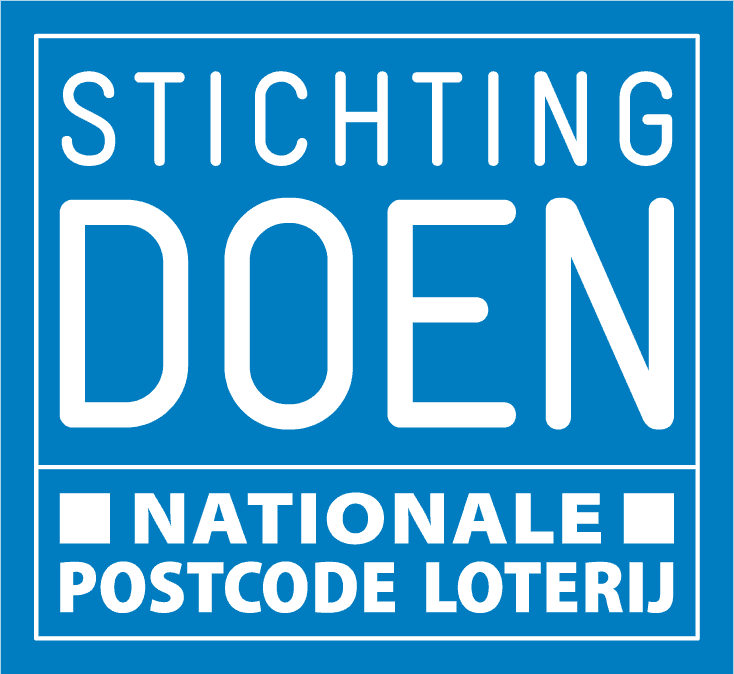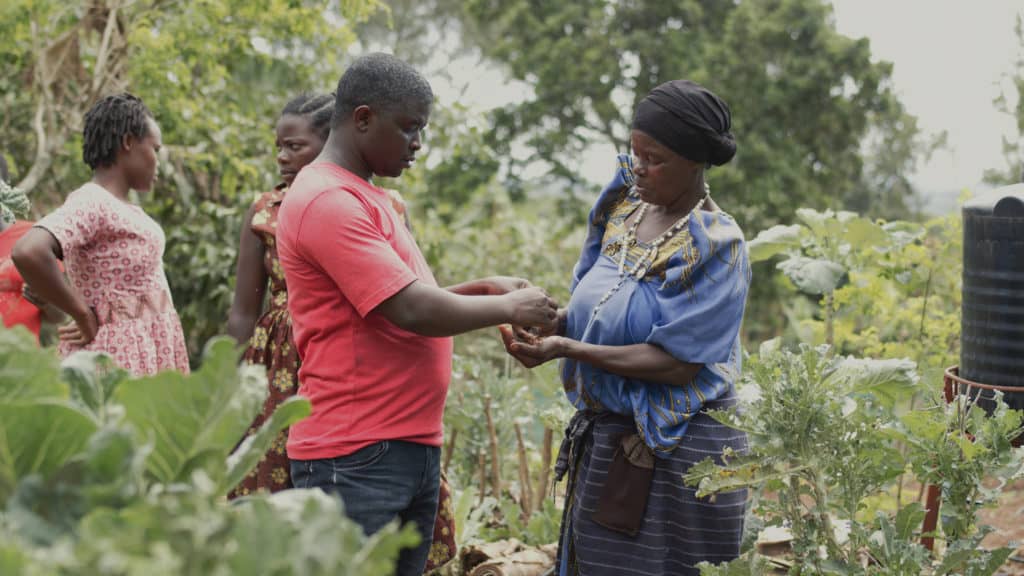For millions of people in Uganda, farming offers the prospect of a decent diet and steady income. YICE Uganda helps communities use permaculture techniques – approaches that work with, not against, nature – to produce bigger harvests, reduce deforestation and keep soil and water healthy. Protecting these precious natural resources limits the impact of climate change.
YICE trains rural communities in the country’s Kassanda District in permaculture farming. The organisation focuses its support on marginalised groups such as women, young people and refugees, who may otherwise lack the knowledge and skills to farm successfully. The methods YICE promotes are tailored to the small plots of land these groups have access to.
Incomes raised by at least 30%
1,400 households now have at least two meals a day
YICE has also created an effective tool for low-cost irrigation
"Now my four kids are admired, they look healthy. All because of the vegetable growing."
Nabukalu Joyce, farmer

